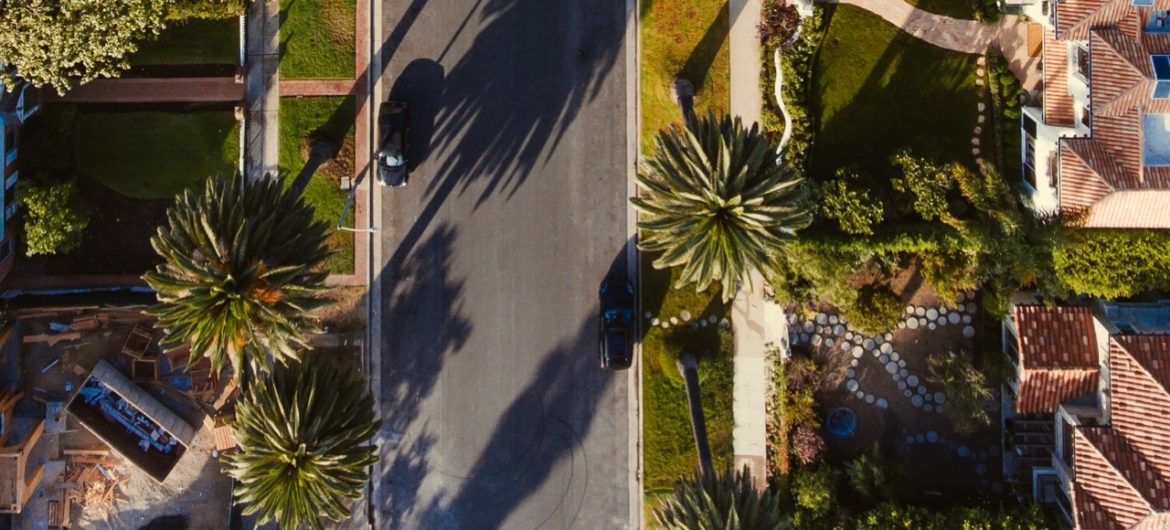The debate on property owners’ rights, local economic growth, neighborhood disruptions, and diminished affordable housing opportunities wages on in this week’s news. These latest regulatory activities caught our attention.
Santa Monica and Airbnb reached a deal on short term rentals, which included collecting money from short term renters to fund the city’s affordable housing initiatives.
Under the agreement which goes into effect immediately, Airbnb will take down illegal short term rental listings upon city notice, monitor and remove multiple listings that exceed the city’s home-sharing limit, and collect $2 per night to help support affordable housing in Santa Monica, CA.
Airbnb says the $2 fee is similar to fees it collects in other cities. This agreement is expected to be fully implemented by the end of January 2020.
Colorado Springs voted 5-4 to add more regulations for STRs as the debate by various stakeholders – property owners, neighbors, and the city – wages on.
Under the new rules, a rental that is not occupied by the property owner for more than 185 days a year will be considered “non-owner occupied.” This type of rentals will not be allowed in single-family residential or single-family planned unit development zoning districts.
The city noted that owners already permitted for STRs will be “grandfathered in.” The city passed two ordinances last year to regulate short-term rentals that included an annual $119 permit fee.
Sedona has hired Lodge Revs to keep tabs on short term rentals. Cities have struggled with how to handle the short term rental boom. This one-year contract at a cost of $41,000 will track the number of rentals and handle compliance and complaint calls.
The trial run will involve the creation of a hotline number for neighbors to report complaints. The company will keep a log of all the calls received and the outcome of the complaints.
Carmel bans short term rentals in downtown but existing licensed rentals are grandfathered in forever. The unanimous 3-0 vote approved an ordinance that outlaws new short term rentals in downtown or the commercially zoned area of Carmel. The city already bans short-term rentals in residential areas for many years.
Miami Beach “ban” on short term rentals is ruled illegal. The 11th Judicial Circuit Court in Miami-Dade County has found the two ordinances passed and adopted by Miami Beach that imposed escalating fines for violating the City’s ban on short-term rentals of residential properties were illegal and unenforceable.
Arizona received $53.3 million in tax revenue from Airbnb since the state started collecting taxes in 2017. This amount includes the $23.1 million it collected year-to-date, from January 1 through October 31. Airbnb collects taxes directly from booking guests and remits them to the State. Arizona then distributes the tax to the respective local jurisdictions.





